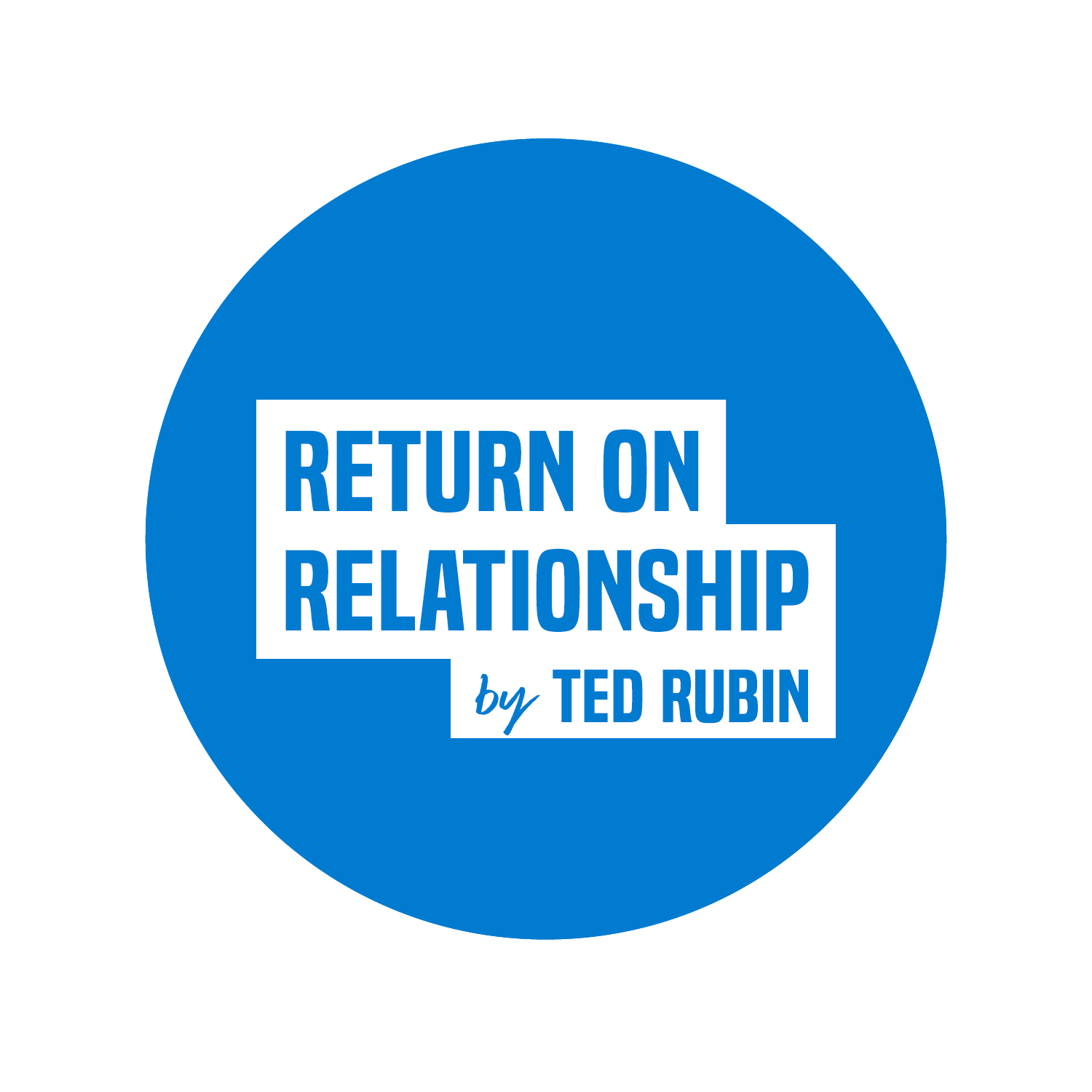Struggling to Unlock the Potential of Employee Advocacy? ~via @carterhostelley and @cmswire
As my thinking has evolved around the topic of Employee Advocacy, I have come to realize that a "program' is not the best way to proceed. Although the idea is a good one, all too often this becomes like many other programs... stale, ignored, sometimes despised, and often rote. There should be no need within a company to start a program if the company builds a culture of empowerment and community... encompassing employees ability to think, brainstorm, share content, build their personal brands, and actively use social media.
Companies need to step beyond creating a “Culture” and nurture “Employee Community.” Empower your Employees... and they will Power your Brand!
“Is this thing on …?” That’s what comes to mind when I ask B2B marketers how they’re doing with employee advocacy.
The good news is most senior marketers understand the benefits of having employees champion the company they work for on social media. And if you look at who’s consistently sharing brand content, no surprise, it’s employees.
On the other hand, I keep hearing from these same marketers, “How do I get more employees active and sharing on social media?” since it’s usually just a handful of employees doing most of the liking and retweeting. Why is that?
Employee Advocacy Is a Must-Have
Maybe employee advocacy isn't a priority given everything else marketers have on their plate? Or the executive team isn’t active on social, so they don’t lead by example? Or is the C-Suite uncomfortable with allowing employees to be truly authentic on social media? Whatever the reason, it’s time to make a change. Buyers today want to work with brands they trust and with which they feel a human connection. And who better to help with that than your employees?
Tamara McCleary, CEO of Thulium, summed up why employee advocacy is now a must-have during a recent Twitter chat: "As we continue to see less trust in brands on social media, employee advocacy is a bright spot to share not only a business’s message but also to develop individual and organizational thought leadership."
How do you prioritize employee advocacy in a way that succeeds?
It starts with a shift in mindset.
Related Article: Executives: Should You Be Active on Social Media?
What’s in It for Employees?
As marketers, we wonder why employees won’t share our latest press release, earned media, or webinar promotion on social media. Meanwhile, employees wonder why they should spam their friends again.
So we first need to come at employee advocacy from the mindset of: what’s in it for them?
Turns out, the easiest thing to align around is helping employees build their professional brand on social media. They understand this will help their careers … since they aren’t going to work at the company forever.
Now you’re ready to take next steps:
Train them on social media. Sure, they know how to use social media to engage their personal networks, but they don’t really know how to tackle it with their career goals in mind. How to create the right profile, what and how often to share, who and how to engage other professionals. Some social media training can help here.
Make it about them. If you want employees to advocate your company, start by advocating them first! Showcase them in brand content, celebrate their work successes and personal achievements, thank them for their efforts … yes, on the company’s social feeds. Don’t be surprised when other employees' engagement skyrockets, too.
Make it easy. Curate industry articles and research that will help position them as subject matter experts when they share on social. Give them options when it comes to the brand content you’d like them to promote. Set up a shared Slack channel, employee newsletter, or invest in an employee advocacy platform, so it’s always quick and easy to find something valuable (to them) to push out on social.
Acknowledge their efforts. Yes, giving out prizes to the most active employees can help, but remember leadership shout-outs can have as much (if not more!) impact as gift cards. So thank them for being brand advocates in one-on-ones, acknowledge them in team meetings, and recognize their efforts come performance review time, too.



